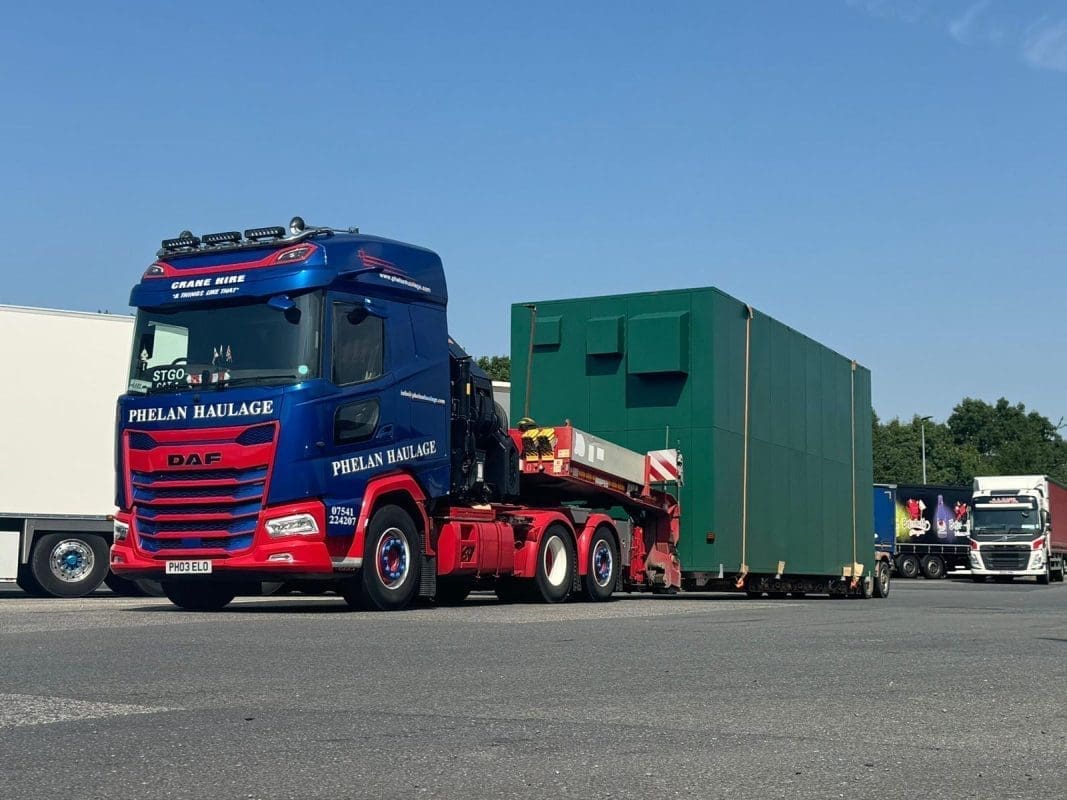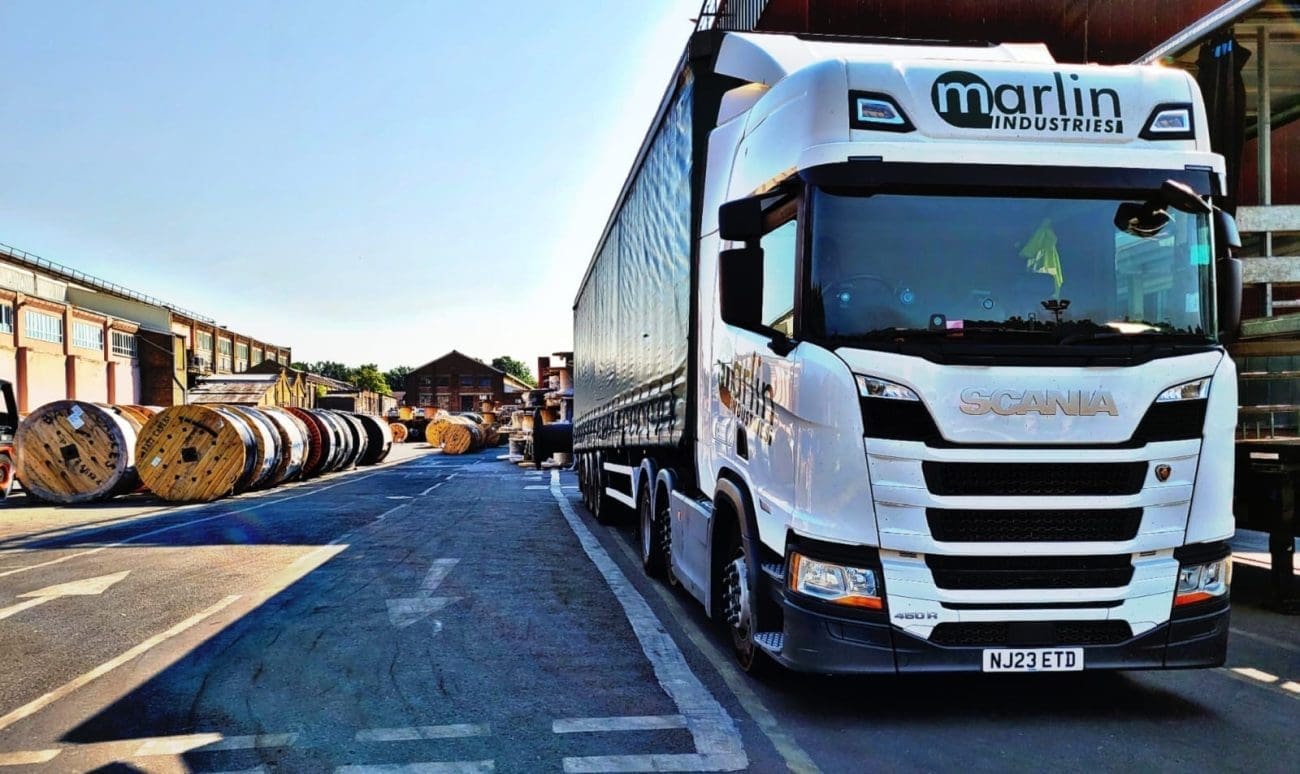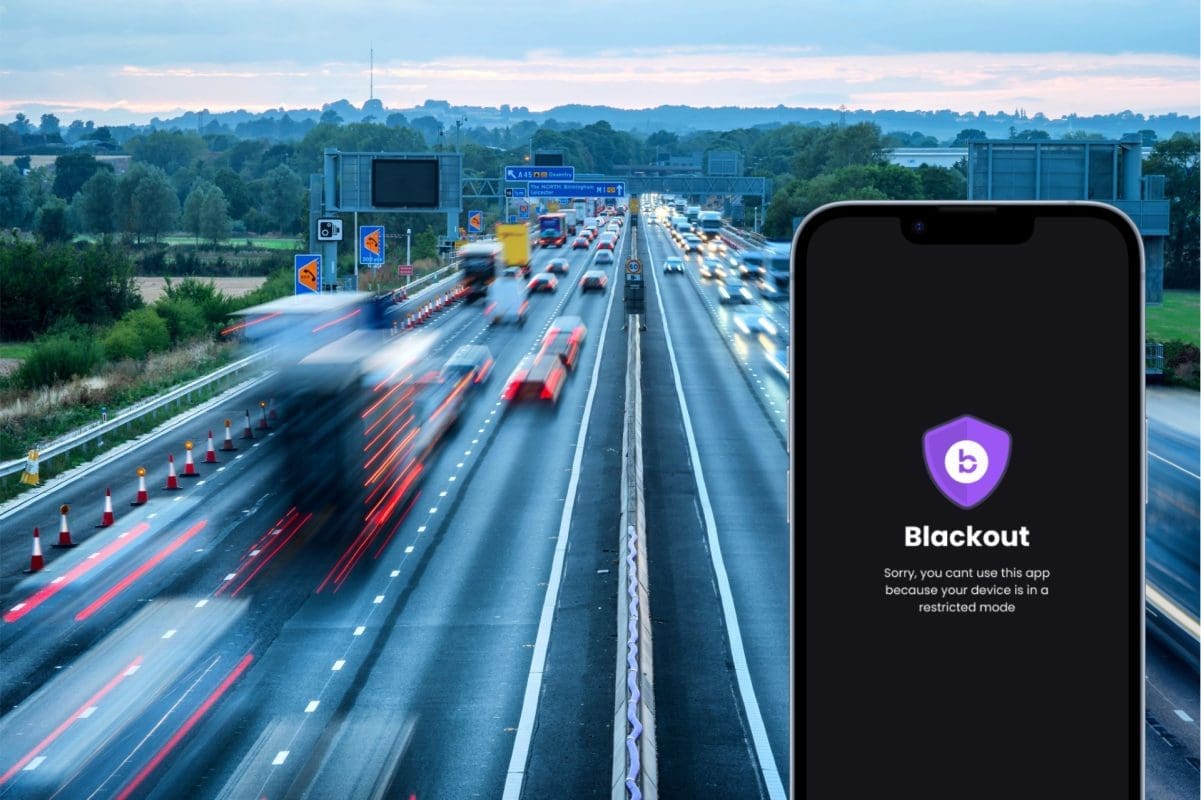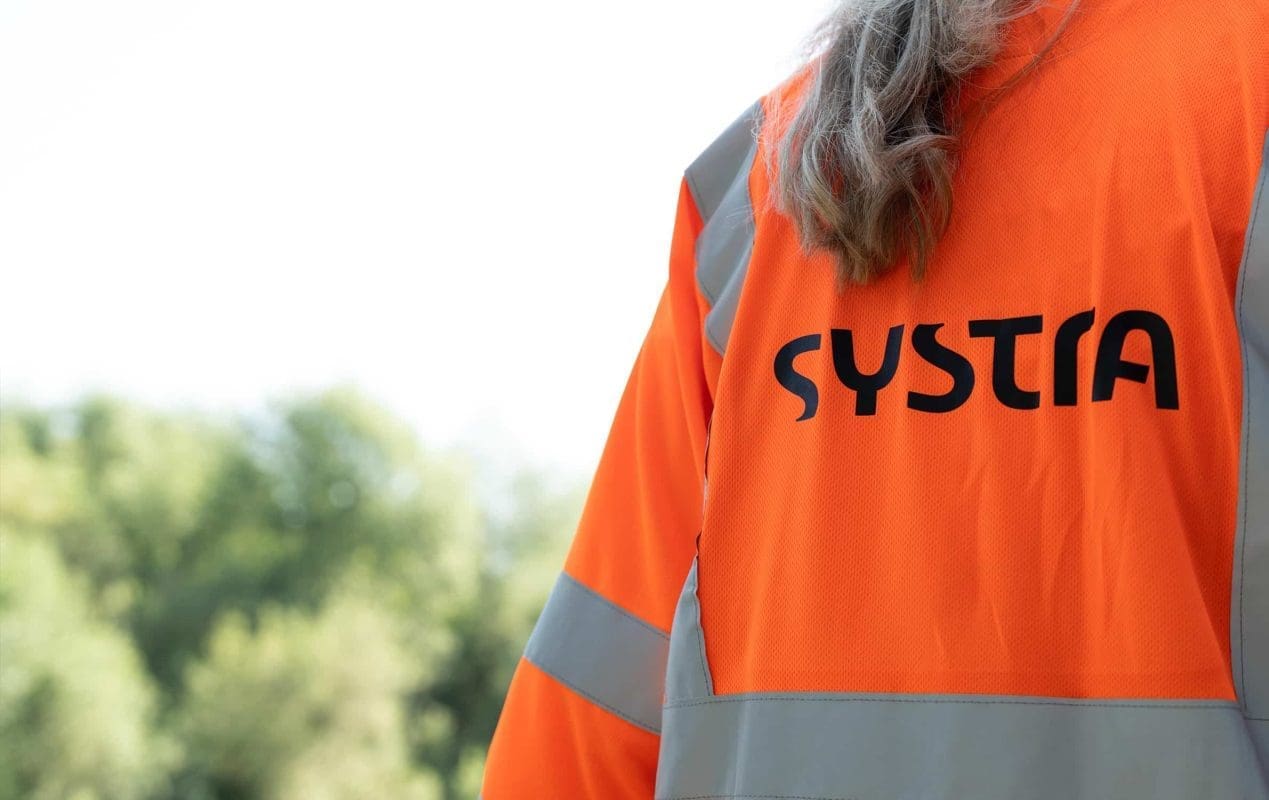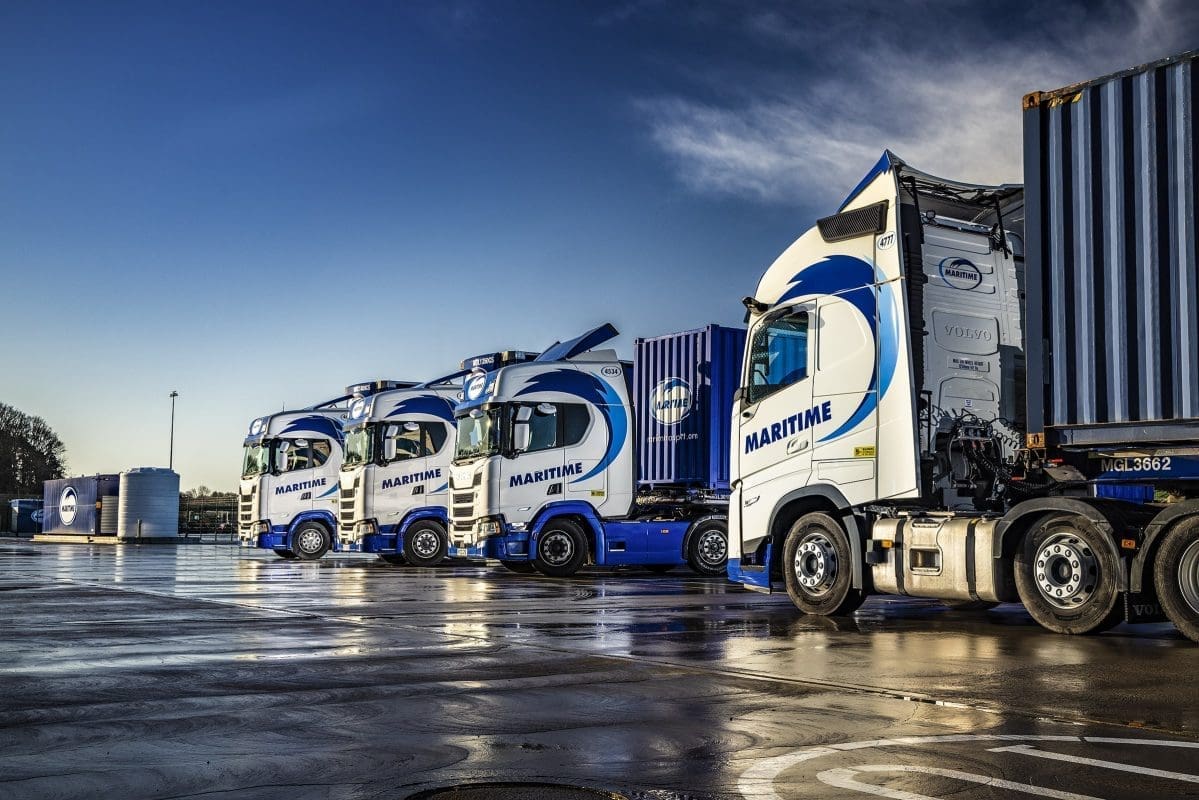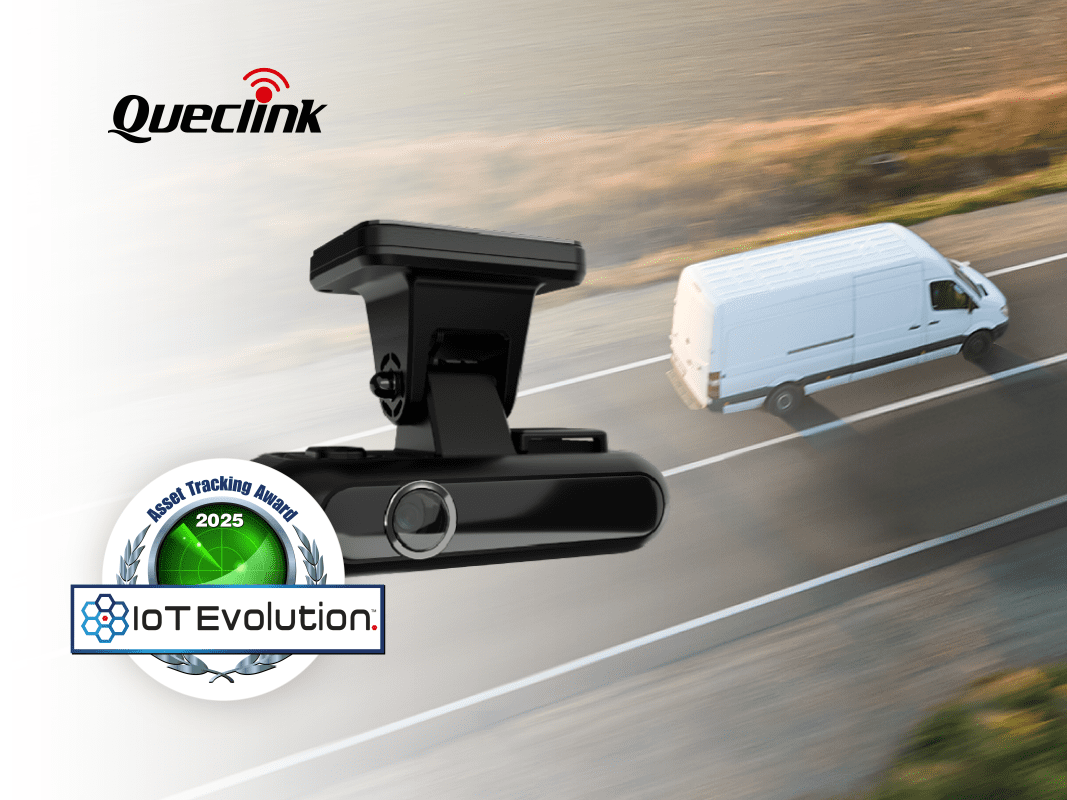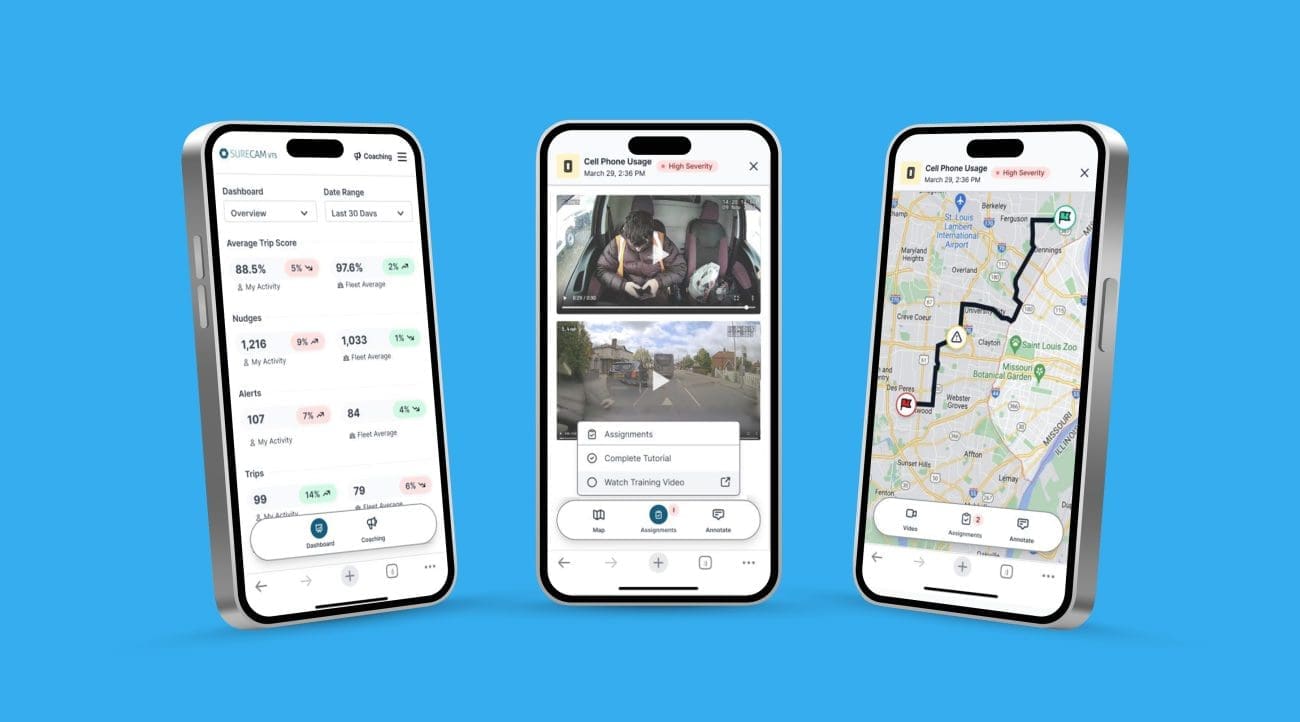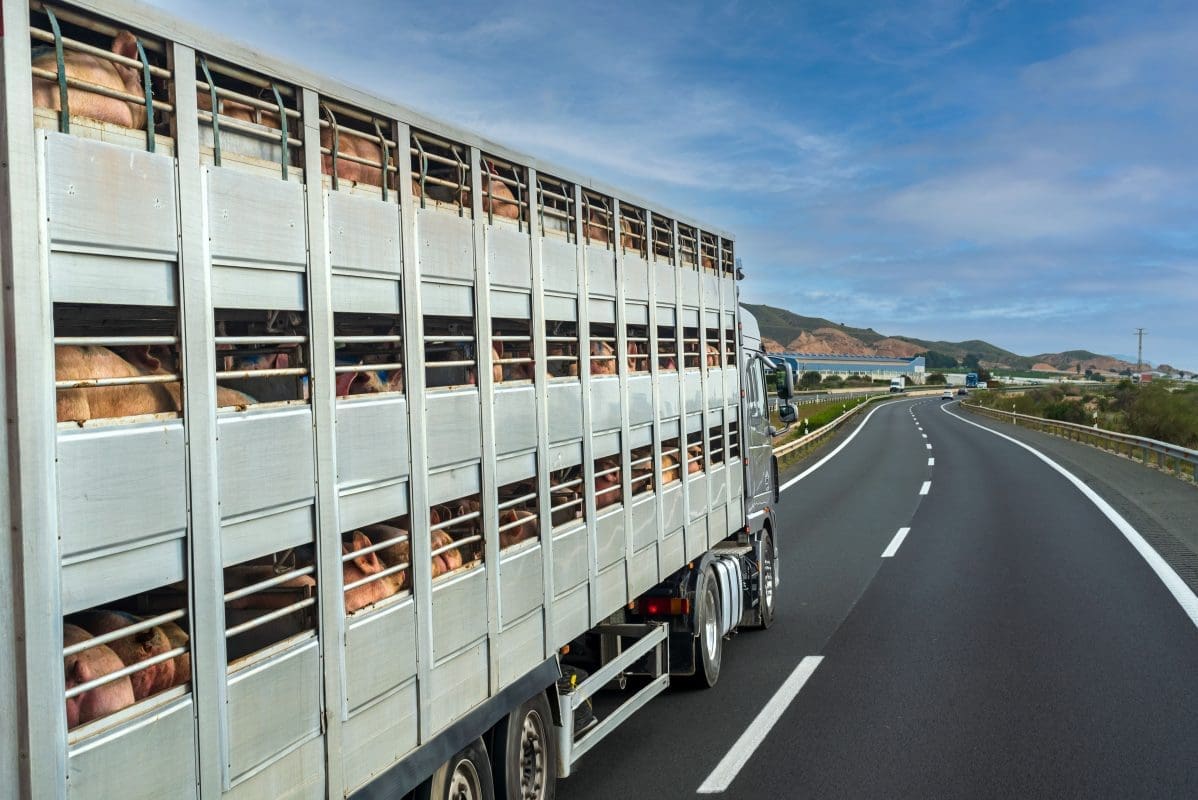- Shop All Documents + Bundles
- FORS V7.1 Document Bundle | Bronze (15 Policies)
- Transport Manager Compliance Pack (10 Policies)
- Transport Manager Compliance Pack (6 Policies)
- Health & Safety Policy Template
- Fuel, Emissions And Air Policy Template
- Operational Security Policy Template
- Serviceability And Roadworthiness Policy Template
- Road Traffic Collision Policy Template
- Counter Terrorism Policy Template
- Load Safety Policy Template
- Vehicle Routing And Scheduling Policy Template
- Driving Standards Policy Template
- Driving Hours Policy Template
- In Cab Technology Policy Template
- Passenger Safety Policy Template
- Complaints And Grievances Policy Template
- Drug And Alcohol Management Policy Template
- Hazard And Risk Identification Policy Template
- VOR (Vehicle Off Road) Policy Template
- Tyre + Wheel Policy Template
- Health & Eyesight Policy Template
- Transport Infringement Policy Template
- Walk Around Check (Defect Check) Tool Box Talk Template
- Transport Manager CV Template
- Social Media Policy Template
- Transport Manager Contract Template
- External Transport Manager Contract Template
- Driver Handbook
Operator Licence Types Explained

What Are The Different Types Of Operator’s Licence?
If the organisation has a requirement to run large vehicles, (anything deemed as over 3500kgs GVW) there may be a requirement to hold an operator’s licence. This is a licence that effectively ensures you have he ability to operate legally and efficiently. There are three types of licence that will enable you to operate trucks legally.
Restricted
A restricted operator’s licence allows a company to operate trucks over 3500ks GVW with some specific requirements set. The goods that will be carried must be your own or used within the same journey to be used in a job or application that is not related to driving. The goods you carry cannot be carried for hire and reward, i.e., you must not accept payment to transport the goods.
An example of an operator that would use a restricted licence would be traffic management company. They would carry cones and signs to the job they are doing, but driving does not form part of main job, nor will they require payment to carry the goods to site. Another example may be a scaffolding company. Carrying the goods to the location of work and unloading the scaffolding to be used within their main job.
If at any point there is a payment for goods transported, then this constitutes hire and reward, and a different licence must be sought.
Standard
A standard operator’s licence forms the majority of licences required within the haulage sector. This licence allows you to transport goods and accept payment for the transport on vehicles bigger than 3500kg. This is the definition of hire and reward.
An example of a standard licence operator be a as company moving a full trailer load of the frozen food from one point to another and then accepting payment for doing so. Another example may be an operator moving some plant machinery from one site to another on a low-loader. Once the plant has been delivered then payment can be accepted.
A standard licence can only operate within the boundaries of the United Kingdom and Northern Ireland.
International
An international operator’s licence offers the same possibilities as a standard licence but can be used outside the boundary of the United Kingdom and Northern Ireland. It is important however that you adhere to the specific rules and regulations of the country you are travelling through as they are likely to be different and some what varied.
Read more on Types of O Licences here.
Even more information on Goods Operating Licences here.

